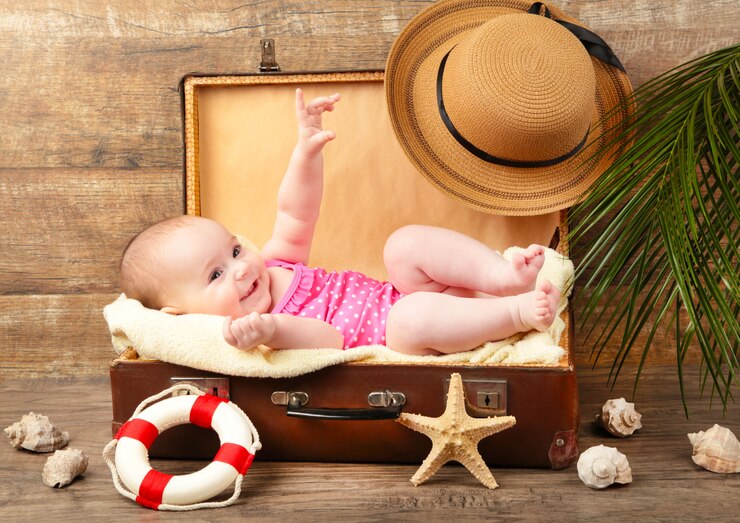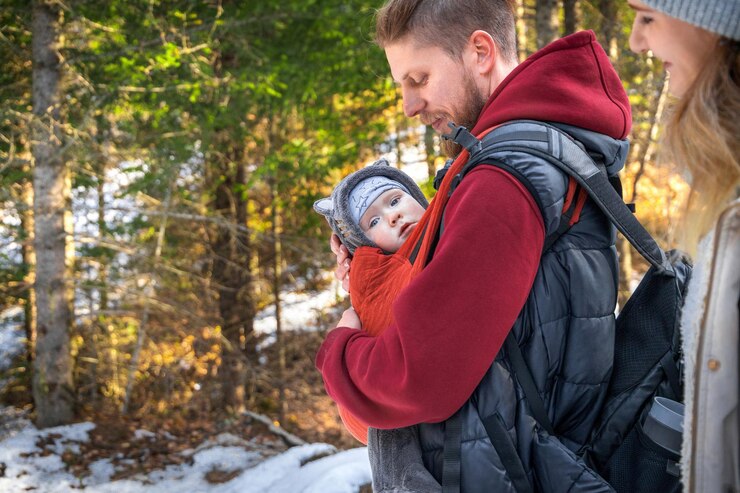 GOOD SUN:
GOOD SUN:
- always use sun creams with 50+ protection
- use both chemical filters (sun creams) and physical filters (T-shirts, parasols, hats, glasses...)
- do not expose children under 3 months directly to the sun
- avoid the middle of the day (12 noon to 4 p.m.)
- administer vitamin D drops up to 1 year of age in breastfed children
IN THE MOUNTAINS:

- limit altitude to 2,000 metres (and never above 2,500 m)
- avoid sudden changes in altitude: allow 1 day's adjustment for every 1,000 metres of difference (above 2,000 metres, allow 1 day's adjustment for every 300 metres of difference)
- for healthy babies, the plane has no contraindications (the difference in altitude is perceived as in adults, and is temporary ... it may be useful to attach the baby to the breast during take-off to facilitate swallowing and avoid "ear plugs")
INSECT BITES:
- mosquitoes: repellents should not be given before the age of 3 months; they are given once a day and can be counteracted with sun creams
- wasp: its sting can be dangerous: if it causes itching and breathing problems within 10 minutes of the sting, go to the emergency room because of the risk of anaphylactic shock
- ticks: remove with tweezers (and with a needle if the beak remains inside the skin)
jellyfish: remove any part of the jellyfish still attached and then rinse with cold water (if breathing problems occur, go to hospital) - tracina (which looks like a sole): remove any part of the animal still attached to the skin, squeeze the affected part to release the toxin and then wash with hot, almost boiling water.
VACCINATIONS: in case of a holiday in exotic places it is best to complete the vaccination cycle.
PHARMACY - PORTABLE
antipyretic, to lower fever
anti-diarrhoeic
sunscreen
medication in case of specific illnesses
no antibiotics, which require a doctor's prescription and evaluation.
If your baby is born in summer
Remember that infants and young children adapt less easily than adults to high temperatures:
- protect it from heat and sun: avoid direct contact
- avoid taking it outdoors during the hottest hours
- sun damage is particularly dangerous for infants and small children. But do not cover the opening of the pram with a heavy towel/cloth as this will cause the baby to overheat and reduce air circulation)
- make sure he/she is well hydrated
- put on light clothes
- check your baby's body temperature and, if necessary, gently cool his or her body with a lukewarm shower or damp cloths
- if you are breastfeeding, you could put a cotton towel between the mother's and baby's skin to prevent the passage of heat


